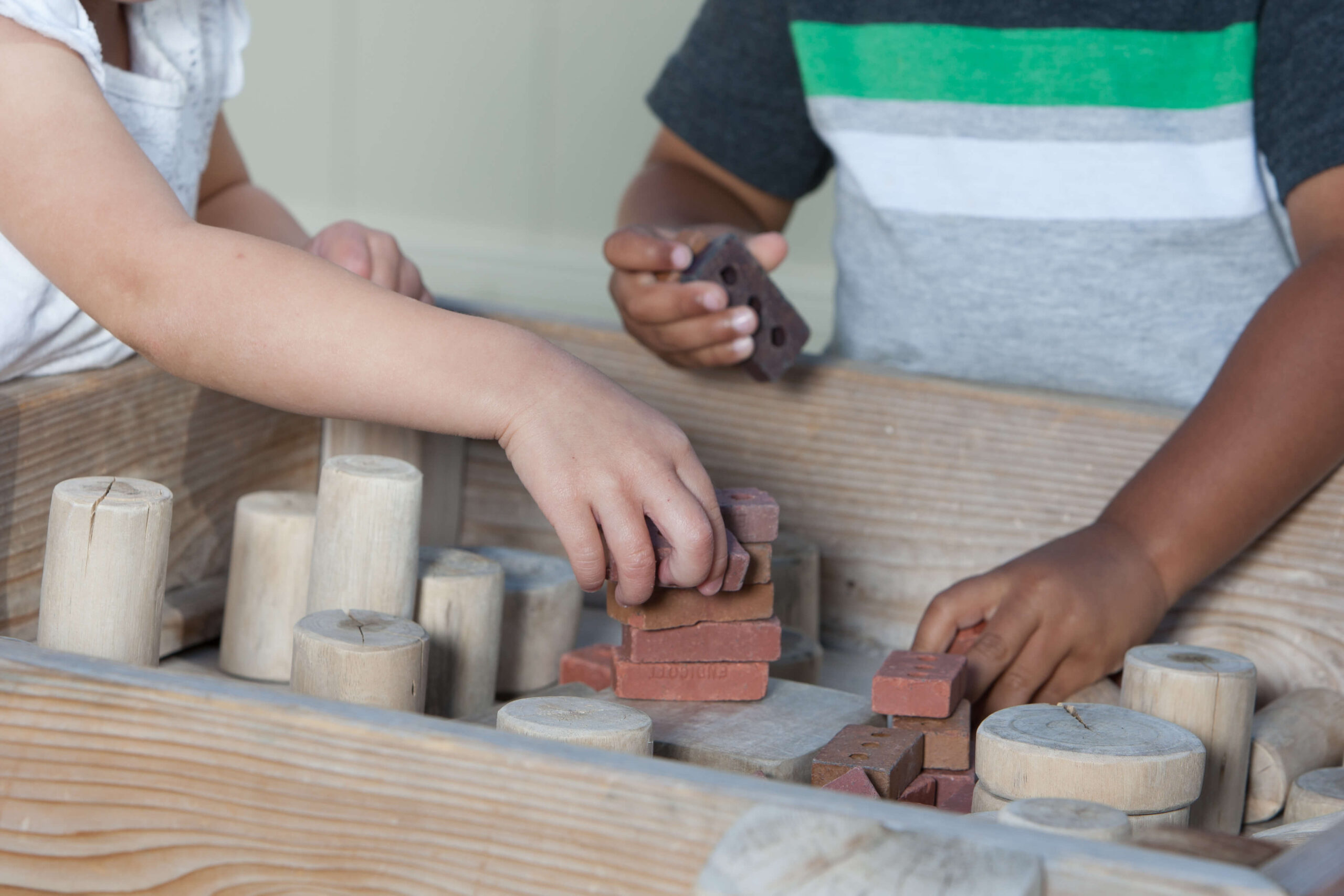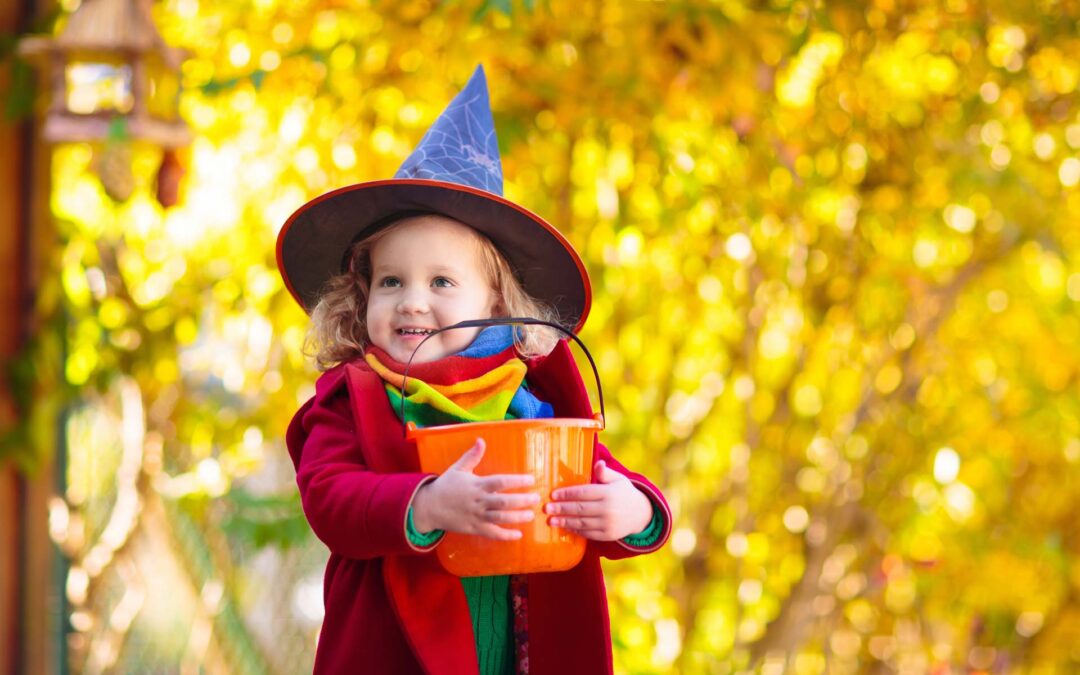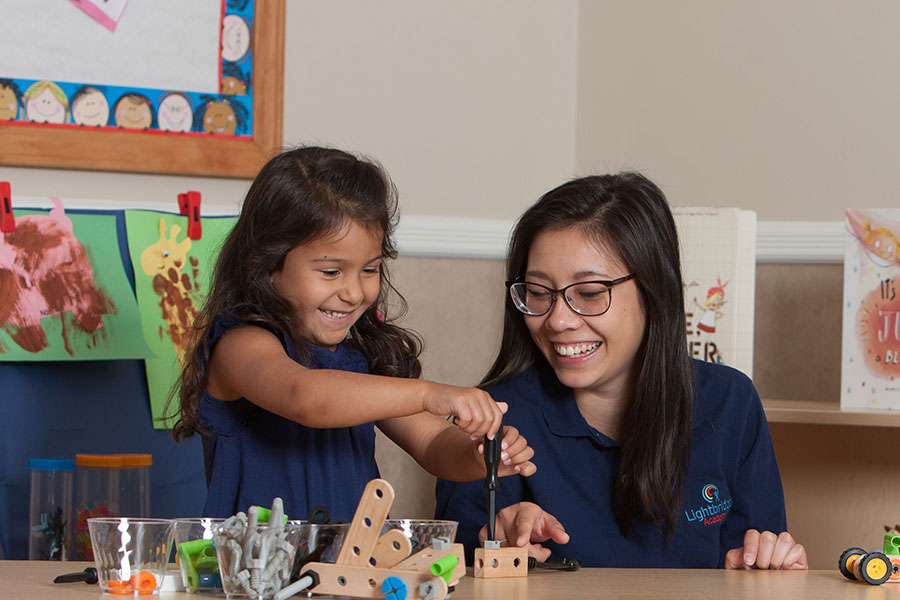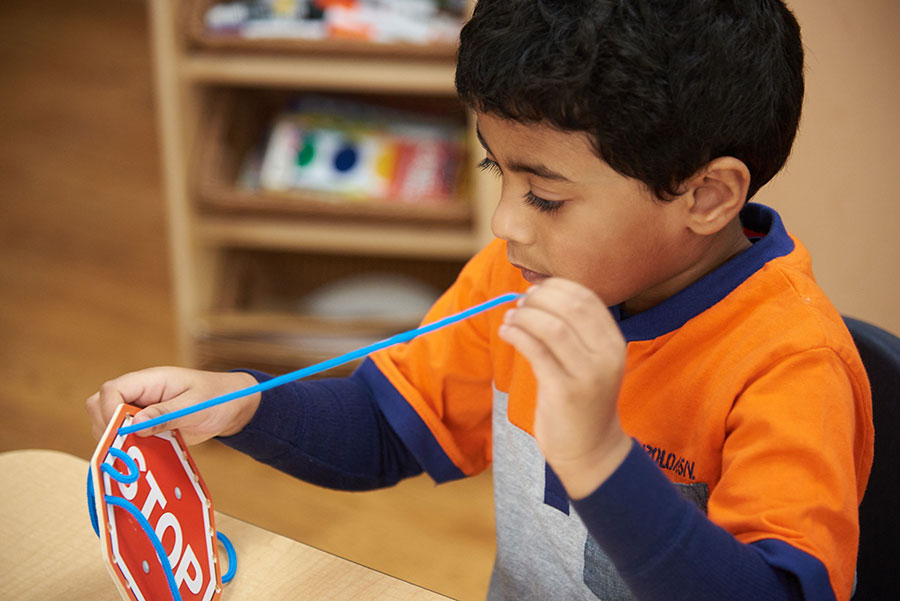What is a play date? A play date is a preplanned, scheduled opportunity for two or more children to get together and play. Play dates can happen at people’s homes, parks, children’s museums or anywhere children can have a good time and interact with one another. For toddlers and young preschoolers, parents of each child usually attend until the adults and children feel comfortable with one another, become familiar with the location and understand that parental behavior expectations can be very different.
Children need unstructured, relaxed time to spend alone and also with children of the same age. When playing with others, they learn socialization skills like cooperation and attempts at sharing. But most importantly, they should have fun.
If our children are at Lightbridge Academy all week do they really need play dates, too? Children who spend time in preschool or child care have lots of socialization opportunities. Weekend time as a family is a precious commodity that doesn’t need to be compromised by play dates. The number of play dates our children have doesn’t make them more popular or you better parents. Relax; children grow up just fine with or without play dates.
Childhood play dates aren’t as tricky as high school dates, but there are some basic guidelines that can help make the experience more successful for you and your little one.
Choose a location that allows for active play.
Locations that require sitting and being quiet like libraries, movie theaters or performing arts locations will be frustrating for the children if their main objective is to play. A home or park is good places to start.
Limit the number of children.
The more children who are in a playgroup, the more interaction and the greater chance of squabbling. Older children may want to choose whom to invite.
Schedule an hour or so.
Give children adequate time to warm up to each other and enjoy playing, but be aware that after an hour even the children best at sharing can start to tire.
Put away special toys.
Before the playmates arrive, let your child chose two or three toys to put away that they would not be required to share.
Establish a sick policy.
Parents have different expectations regarding children and illness. If runny noses aren’t welcome, make that clear when you set up the play date.
Let children play at their own pace.
Although we may be anxious for our child to play with others, give them time to warm up and accept that young children may choose to play independently.
Give an ample good-bye warning.
Give your child a five-minute warning before it’s time to go. You’re more likely to have a smooth transition leaving if they have a chance to finish playing. Give a longer warning if you want to include time for clean up.
As children get older and more familiar with people and places away from home, they’re able to have play dates where we drop them off for a few hours alone. And those are the very best play dates of all, except when it’s time to host the play date at your house.






